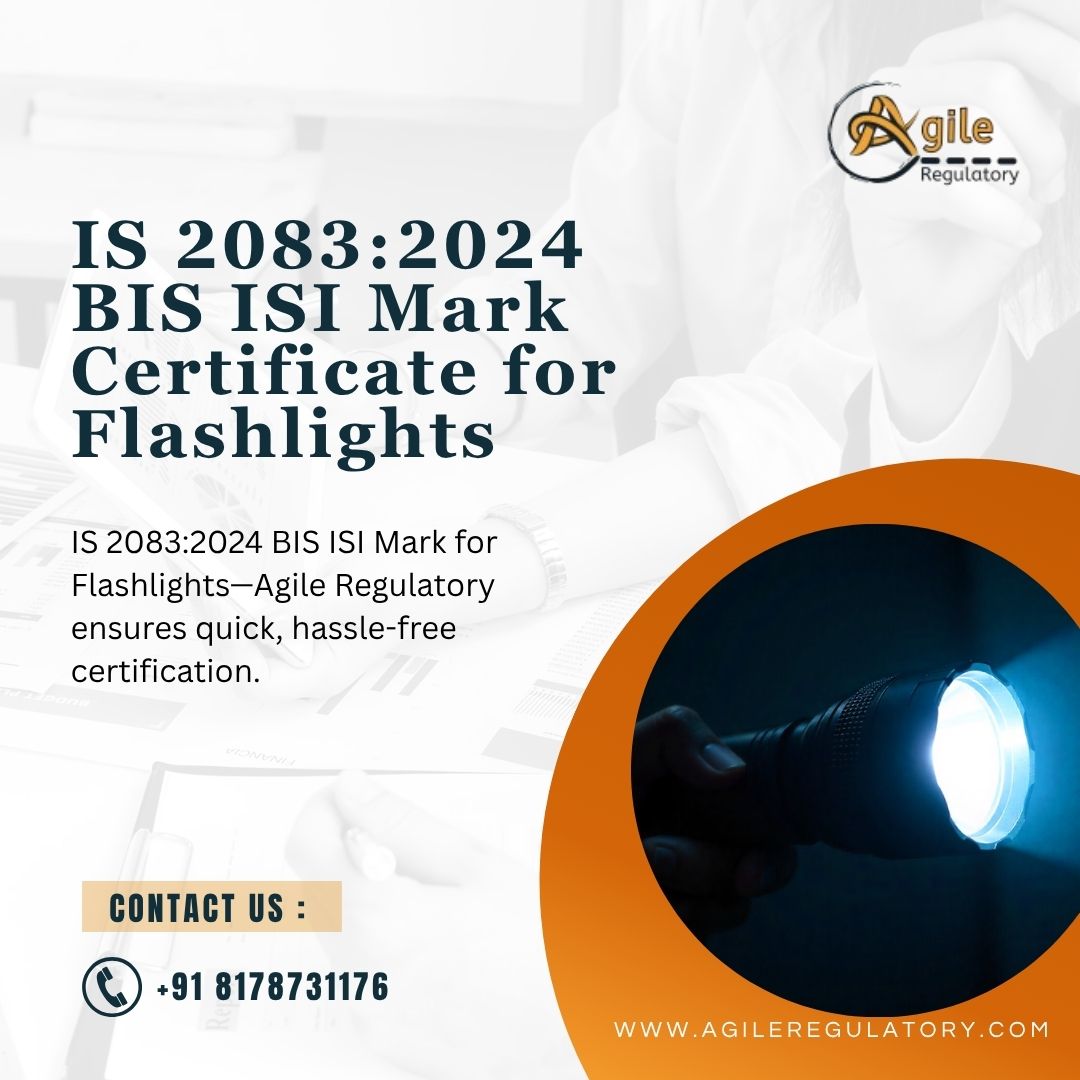India’s electronics market is one of the fastest-growing in the world, presenting lucrative opportunities for importers. From consumer electronics to specialized industrial equipment, the demand is skyrocketing due to rapid digital adoption, increased disposable incomes, and expanding infrastructure. However, navigating the Indian market as an electronics importer requires more than just identifying demand—it demands thorough compliance with regulatory requirements.
One of the key compliance areas for electronics importers is adhering to the Bureau of Indian Standards (BIS) certification norms, including product-specific standards like IS 2083, which applies to certain categories of materials and products. Without fulfilling these regulatory steps, your shipments risk delays at customs, financial penalties, and even outright rejection from the Indian market.
In this guide, we break down the essential steps for electronics importers entering India, with a focus on BIS certification, IS 2083 compliance, and the role of expert consultants such as Agile Regulatory in ensuring smooth market entry.
1. Understanding BIS and Its Importance for Electronics Importers
BIS is India’s national standards body responsible for ensuring product quality, safety, and reliability. Electronics, especially those intended for consumer use, fall under the Compulsory Registration Scheme (CRS), which mandates that certain products must be tested and certified before sale in the Indian market.
BIS as a service covers everything from application filing and product testing to obtaining the official certificate. For electronics importers, this is a non-negotiable step to ensure compliance with Indian laws and avoid costly disruptions.
2. Knowing the Relevance of IS 2083 in Electronics Imports
IS 2083 is a standard that outlines specifications for certain metallic materials and components often used in electronics manufacturing. While it may not apply to every importer, products containing relevant materials—such as structural parts, casings, or protective layers—must meet IS 2083 requirements to be considered compliant.
For importers, understanding whether your products fall under IS 2083 is critical. A gap in compliance here can lead to rejection during quality checks or even customs seizures. Consulting a professional like Agile Regulatory helps you determine the applicability of IS 2083 and integrate it into your compliance strategy.
3. Product Testing and Certification
Before importing, you must ensure that your product is tested in a BIS-recognized laboratory. The testing process includes:
- Sample Submission: Sending representative units to the lab.
- Performance and Safety Testing: Verifying compliance with BIS standards.
- Documentation Review: Ensuring all technical papers, safety reports, and declarations are accurate.
Agile Regulatory assists importers in preparing and submitting the necessary documents, minimizing the risk of delays caused by incomplete or incorrect paperwork.
4. Customs Clearance and Import Licensing
In addition to BIS certification, importers may require specific licenses from the Directorate General of Foreign Trade (DGFT) and may need to adhere to labeling and packaging regulations under Indian law. Missing any of these steps can result in customs clearance delays.
Agile Regulatory helps coordinate between BIS certification and customs requirements so that your product enters India without unnecessary hurdles.
5. Post-Certification Compliance
Securing your BIS license isn’t the end of your compliance journey. Importers must maintain records, renew certifications periodically, and ensure that future shipments continue to meet BIS standards. Any change in product design, material composition, or manufacturing location may require re-testing and re-certification.
Why Partner with Agile Regulatory?
Navigating Indian regulations can be challenging, especially for overseas companies unfamiliar with local processes. Agile Regulatory offers end-to-end solutions for electronics importers, including:
- Guidance on BIS as a service for electronics products.
- Evaluation of IS 2083 applicability.
- Complete documentation and testing support.
- Liaison with Indian authorities for faster approvals.
With expert assistance, importers can focus on market expansion while ensuring full legal compliance.
Conclusion
The Indian electronics market holds immense promise, but it demands strict adherence to regulatory requirements. From BIS certification and IS 2083 compliance to customs clearance and post-certification maintenance, every step is crucial. By partnering with experts like Agile Regulatory, importers can eliminate guesswork, avoid costly delays, and confidently establish their presence in India’s booming electronics sector.





Comments